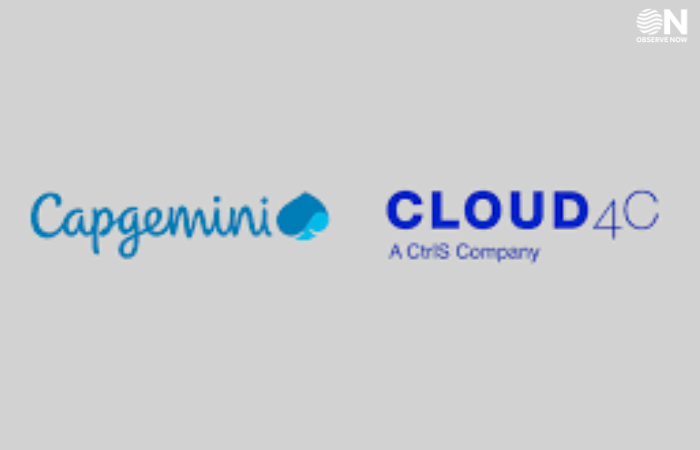Consumers Continue to Trust Banks Over Payment Apps for Core Financial Products, FIBAC Survey Shows
Despite the growing popularity of digital convenience, a recent FIBAC-backed 2025 consumer survey of over 5,000 respondents highlights that Indian users remain cautious when it comes to purchasing core financial products through non-bank apps. While platforms like PhonePe, Google Pay, WhatsApp, and even YouTube are praised for their user-friendliness, trust remains a significant barrier. Consumers are generally unwilling to buy complex products—such as loans, credit cards, investment plans, or insurance—from these apps, opting instead to rely on traditional banks. The only exception where consumers showed willingness to transact via non-bank apps was basic savings accounts.
The survey also sheds light on internal challenges faced by banking apps. According to benchmarking by BCG’s Digital 360°, private banks outperformed public sector banks in digital product application and fulfillment processes, but both segments lag behind global standards. Private banks scored higher on marketing engagement (41 vs. 16 percent), product application processes (43 vs. 20), and assisted sales support (25 vs. 21). This underscores an urgent need for banks to simplify application procedures, offer remote processing, and deliver real-time support across channels.
To truly win over consumers, banks must invest in capabilities like pre-filled application forms, straight-through processing, hyper-personalized recommendations, and proactive re-engagement strategies when users abandon the process. The objective is to raise digital adoption by delivering seamless, end-to-end experiences that match or exceed expectations set by tech-first platforms.
In summary, while Indian consumers’re increasingly comfortable with digital interfaces for basic services, deep reliance remains on traditional banking institutions for more significant financial commitments. Banks must close the experience gap with non-bank apps to retain and grow customer trust in this evolving digital ecosystem.

















